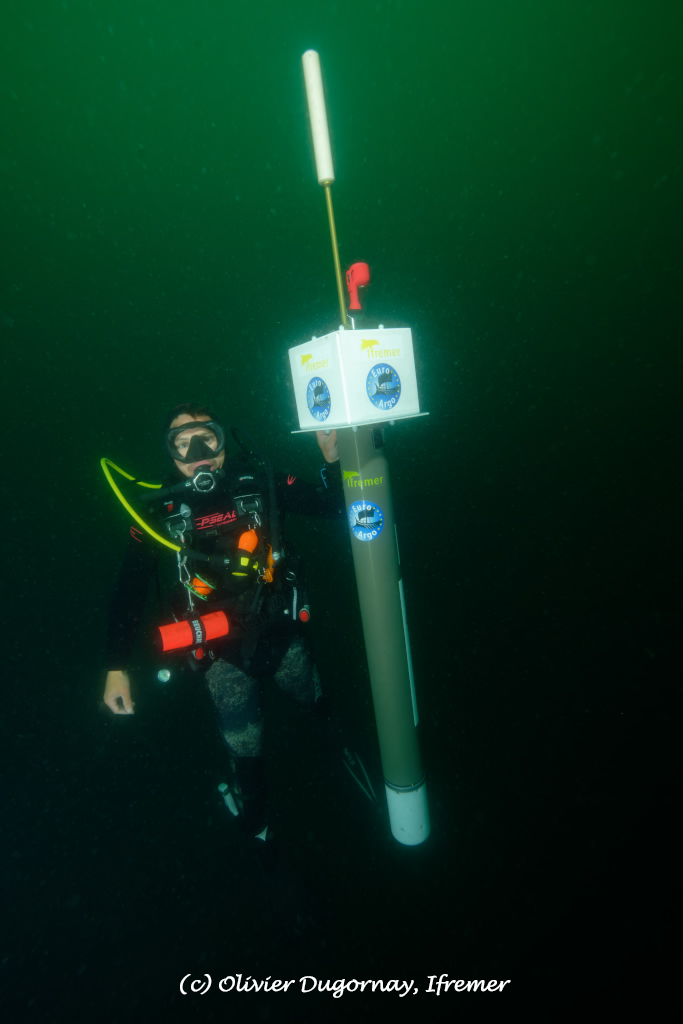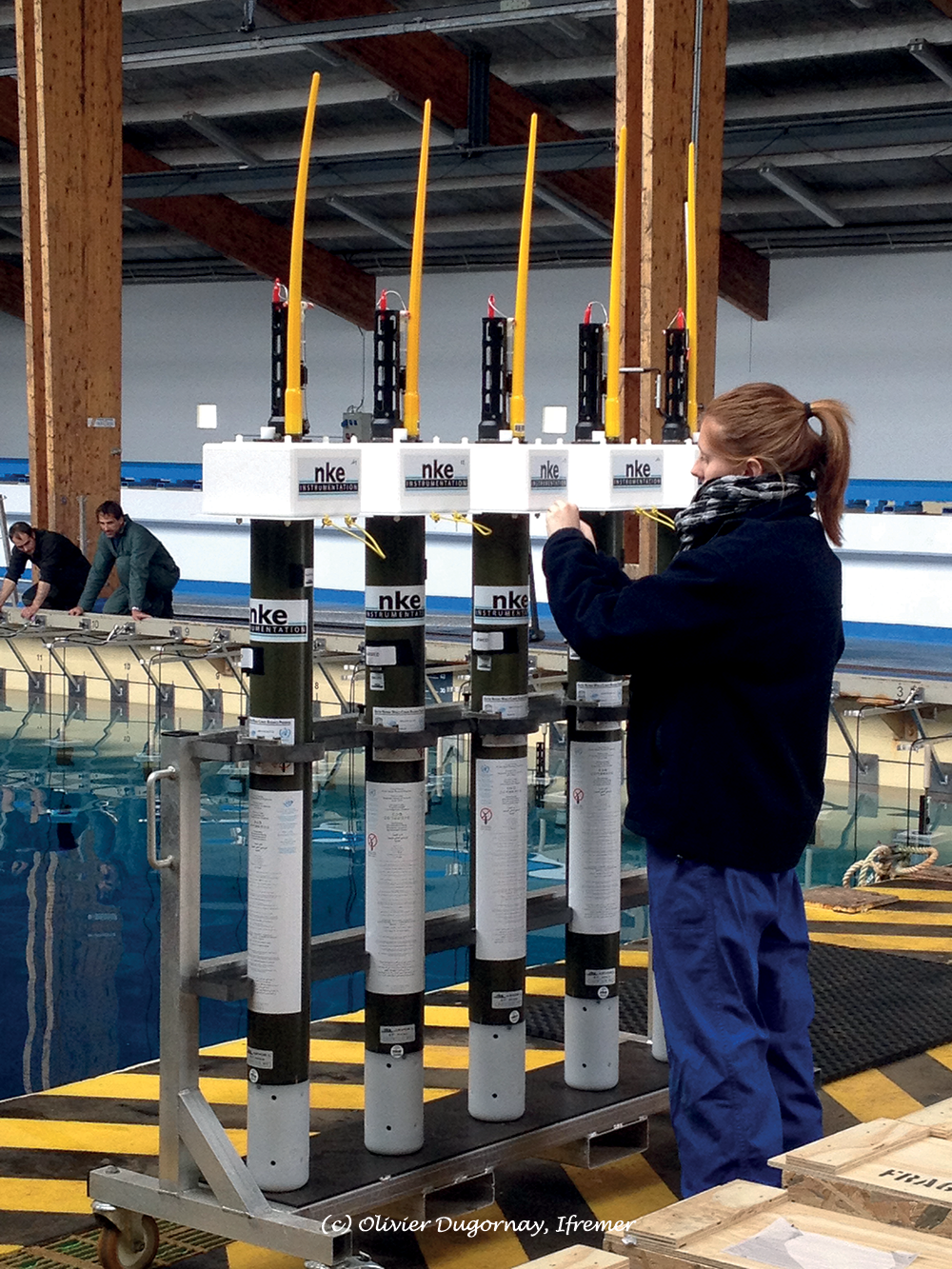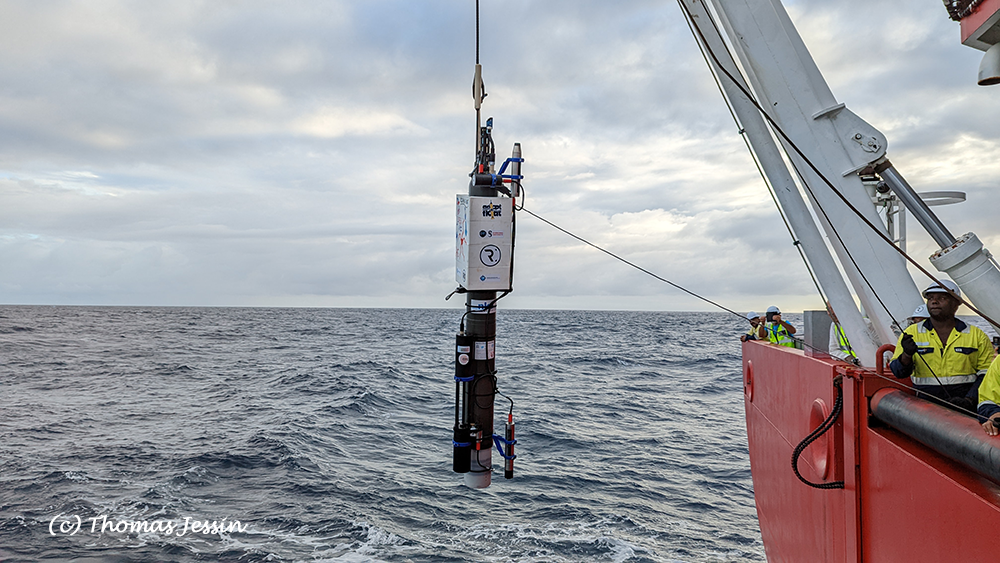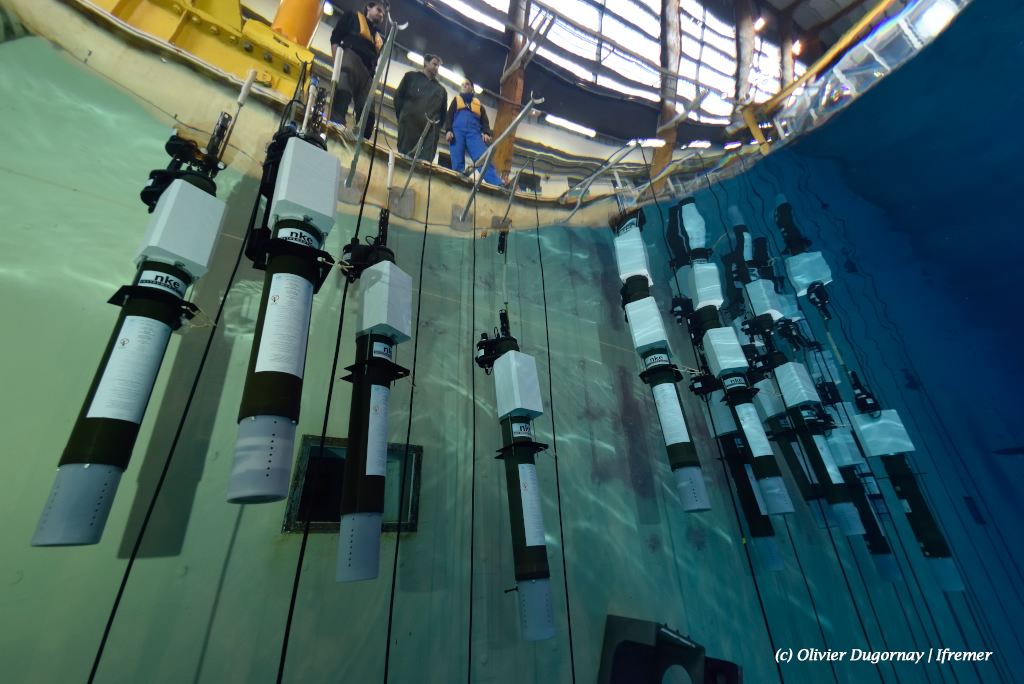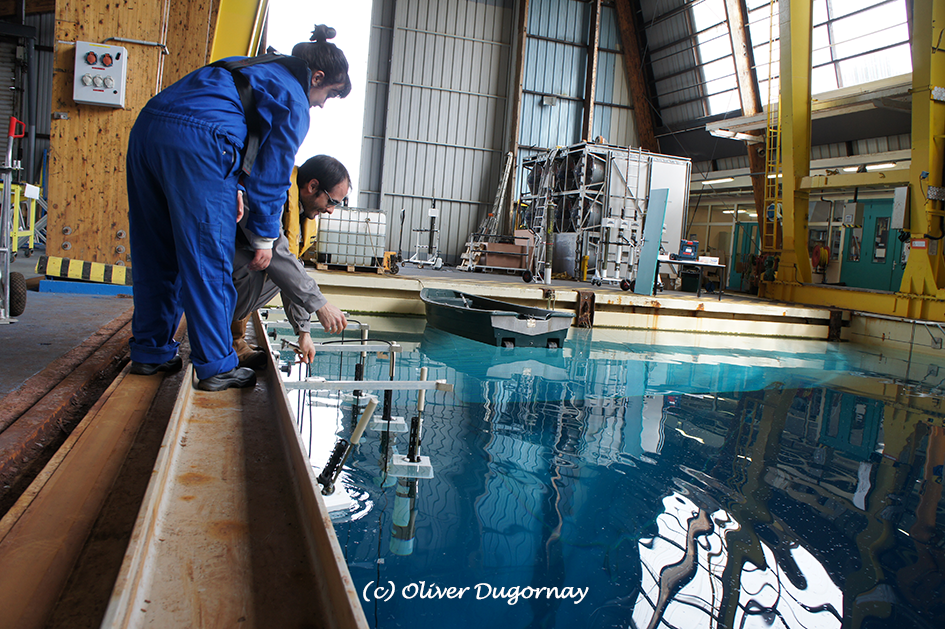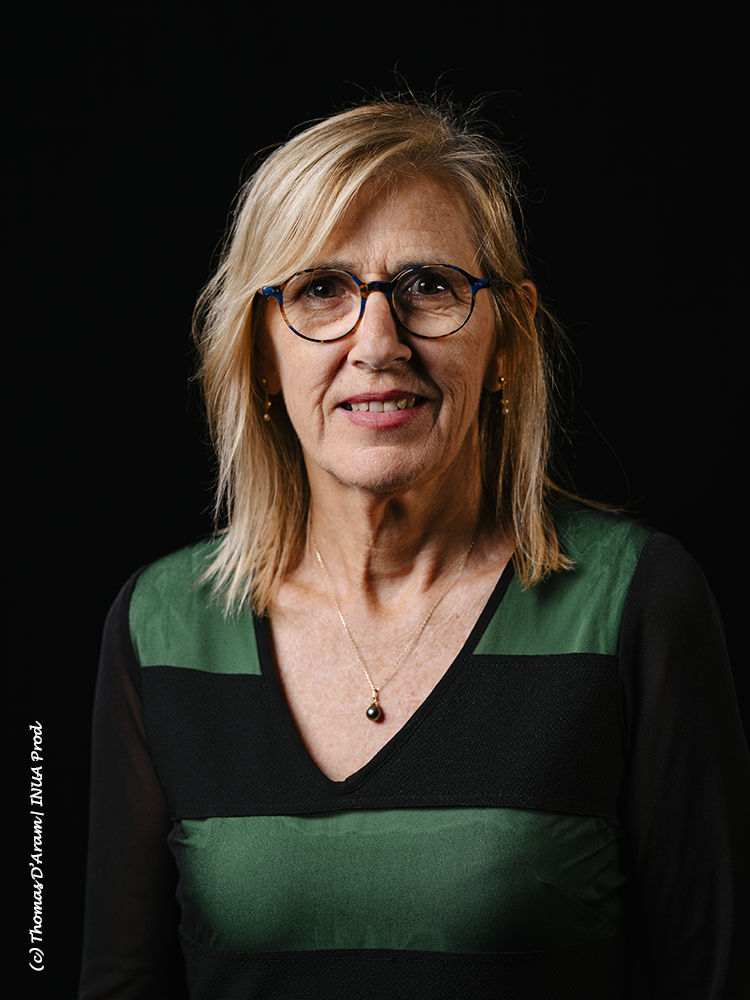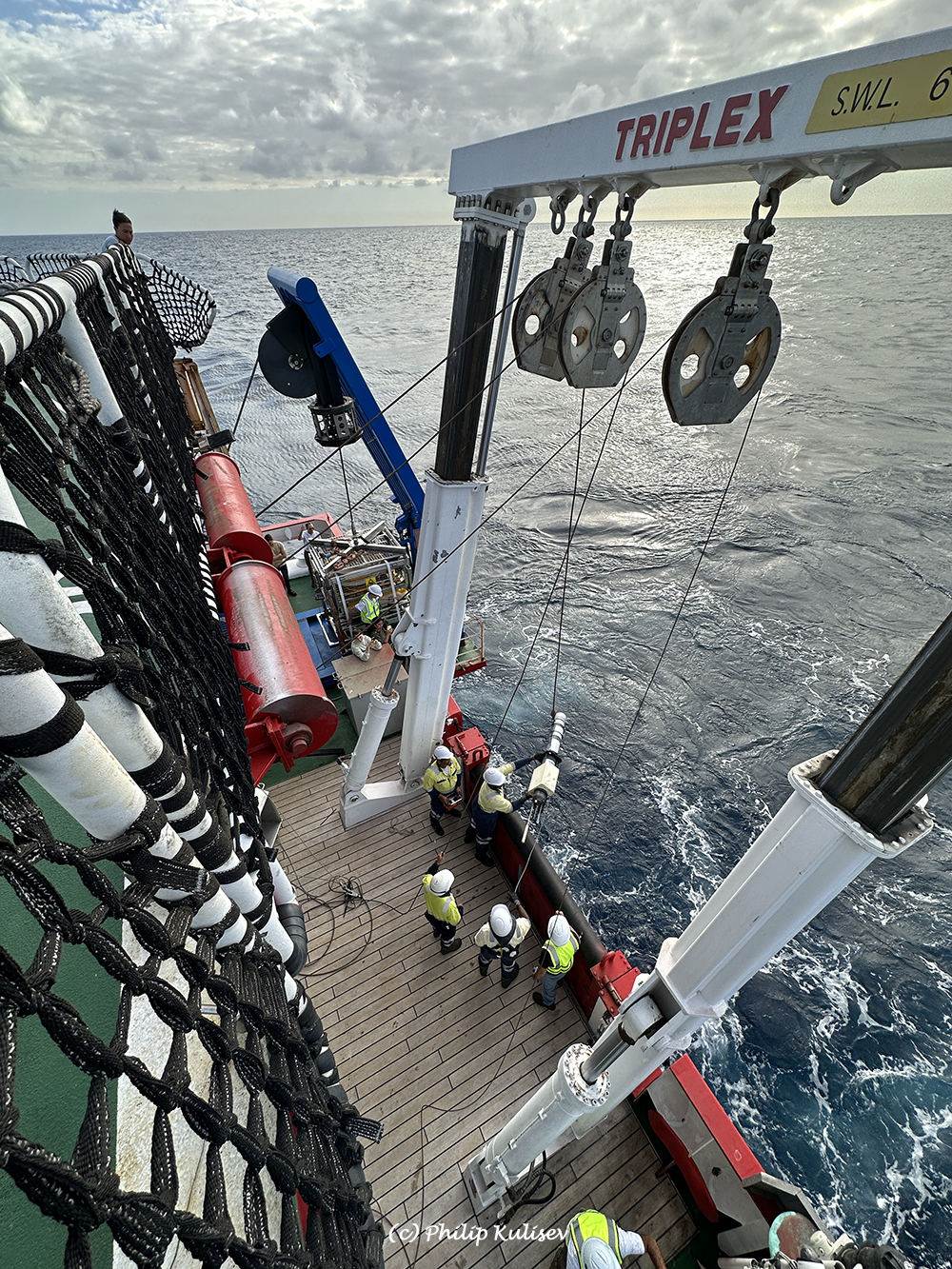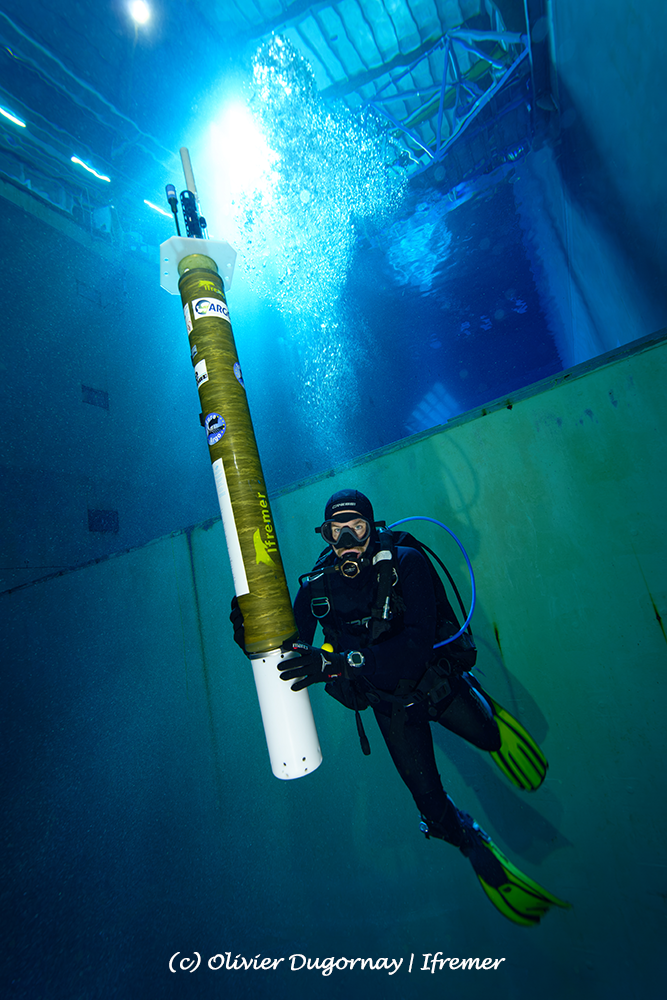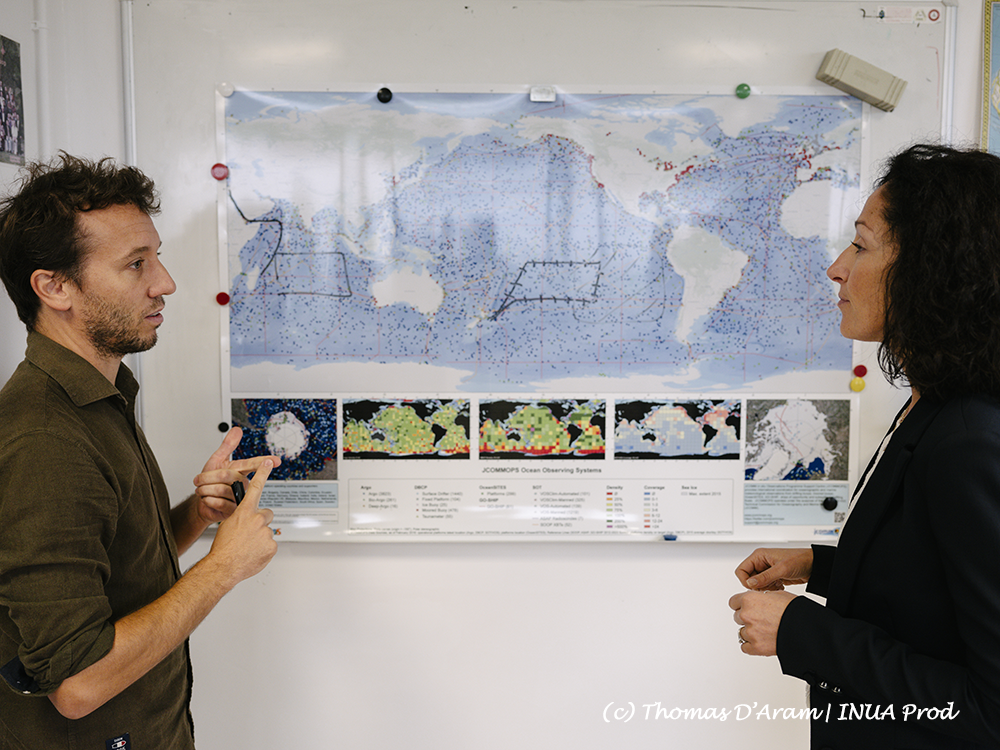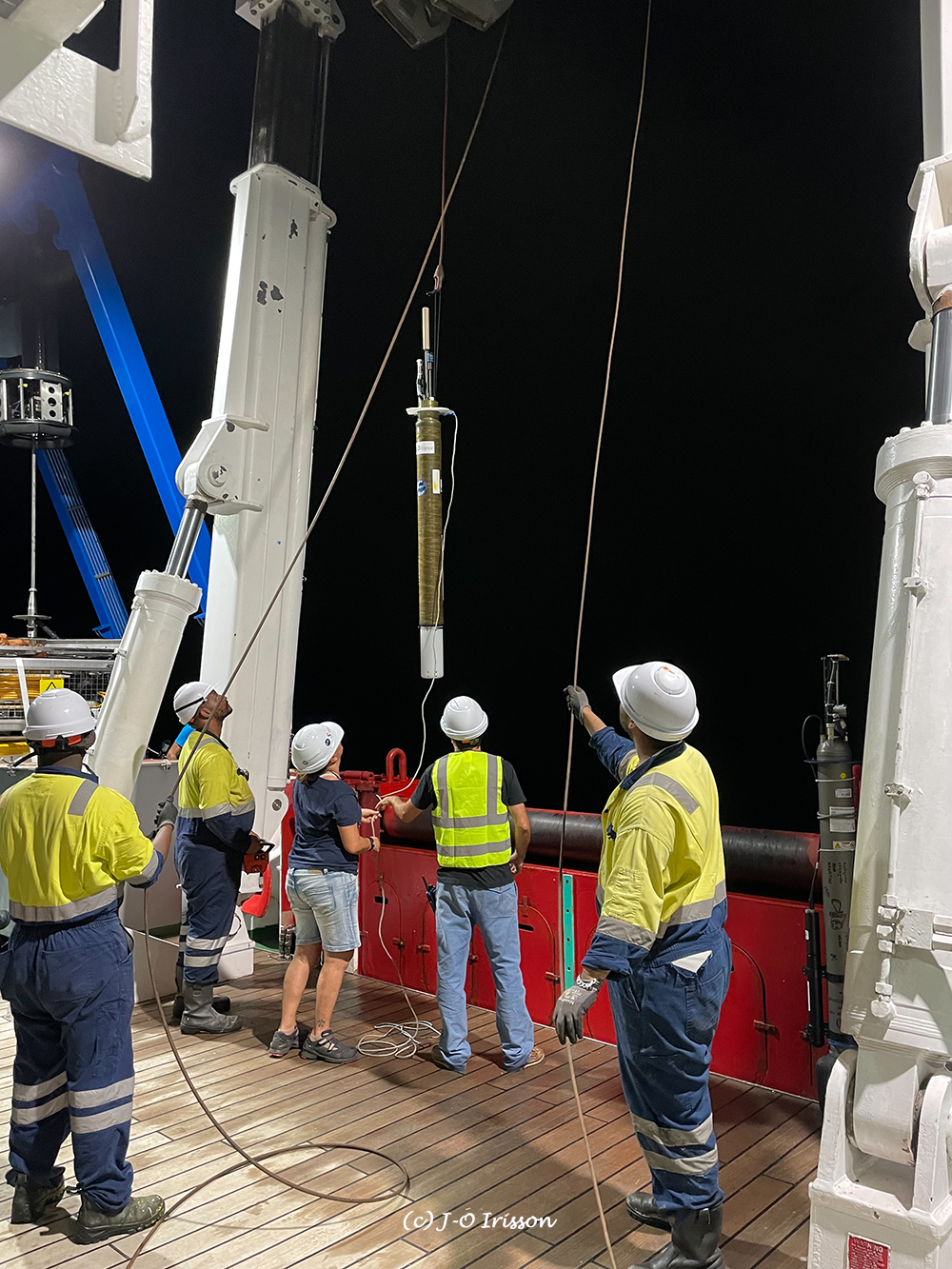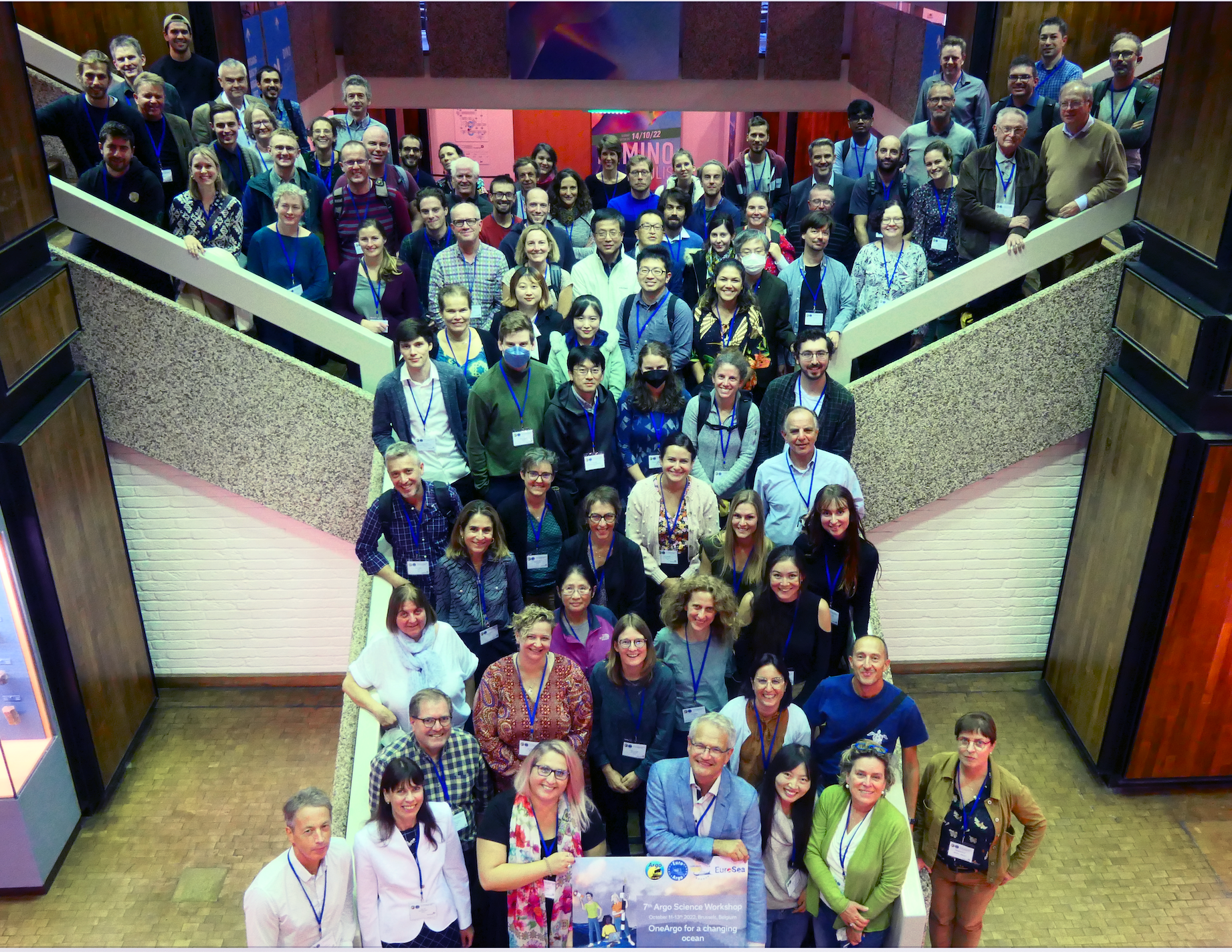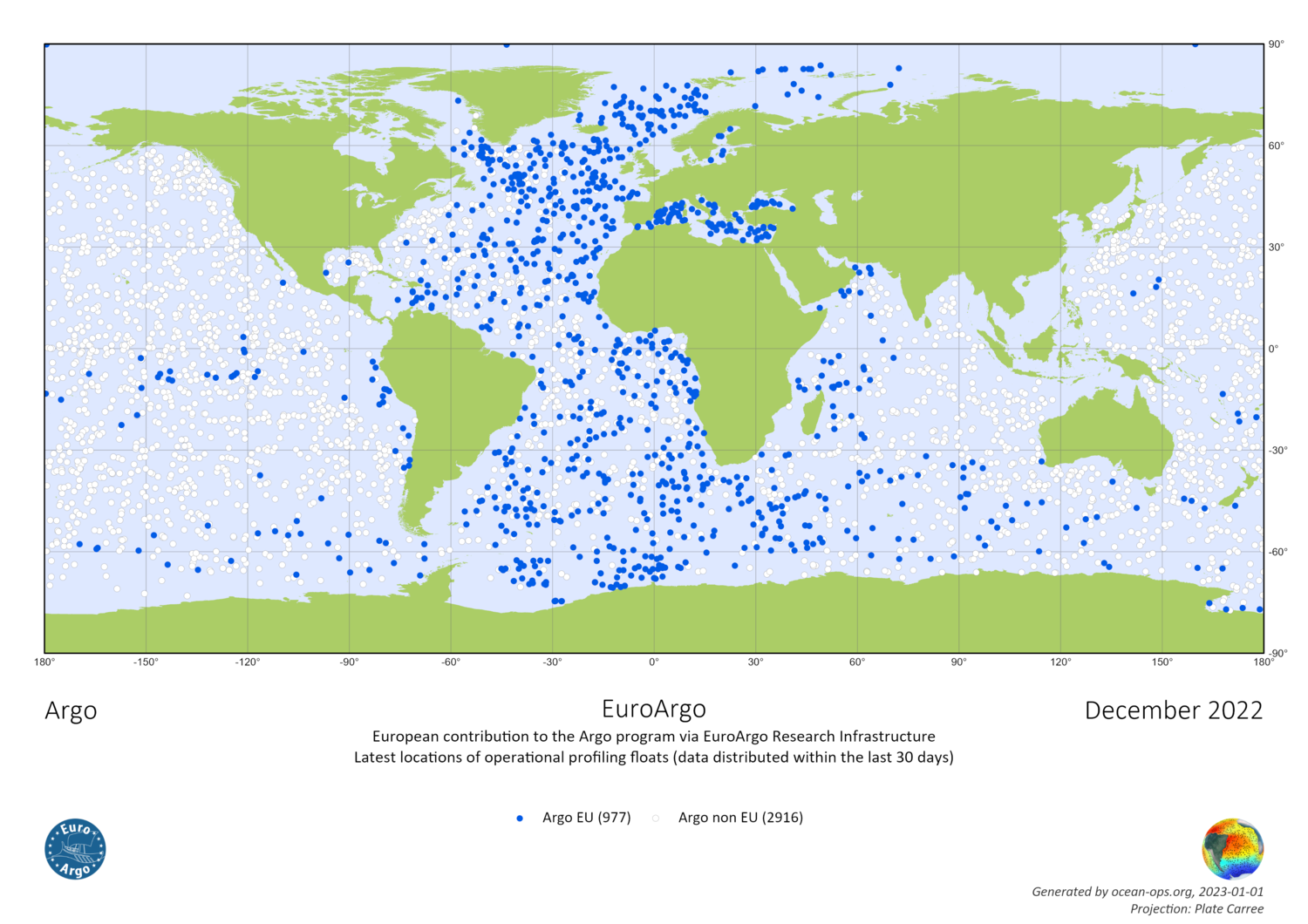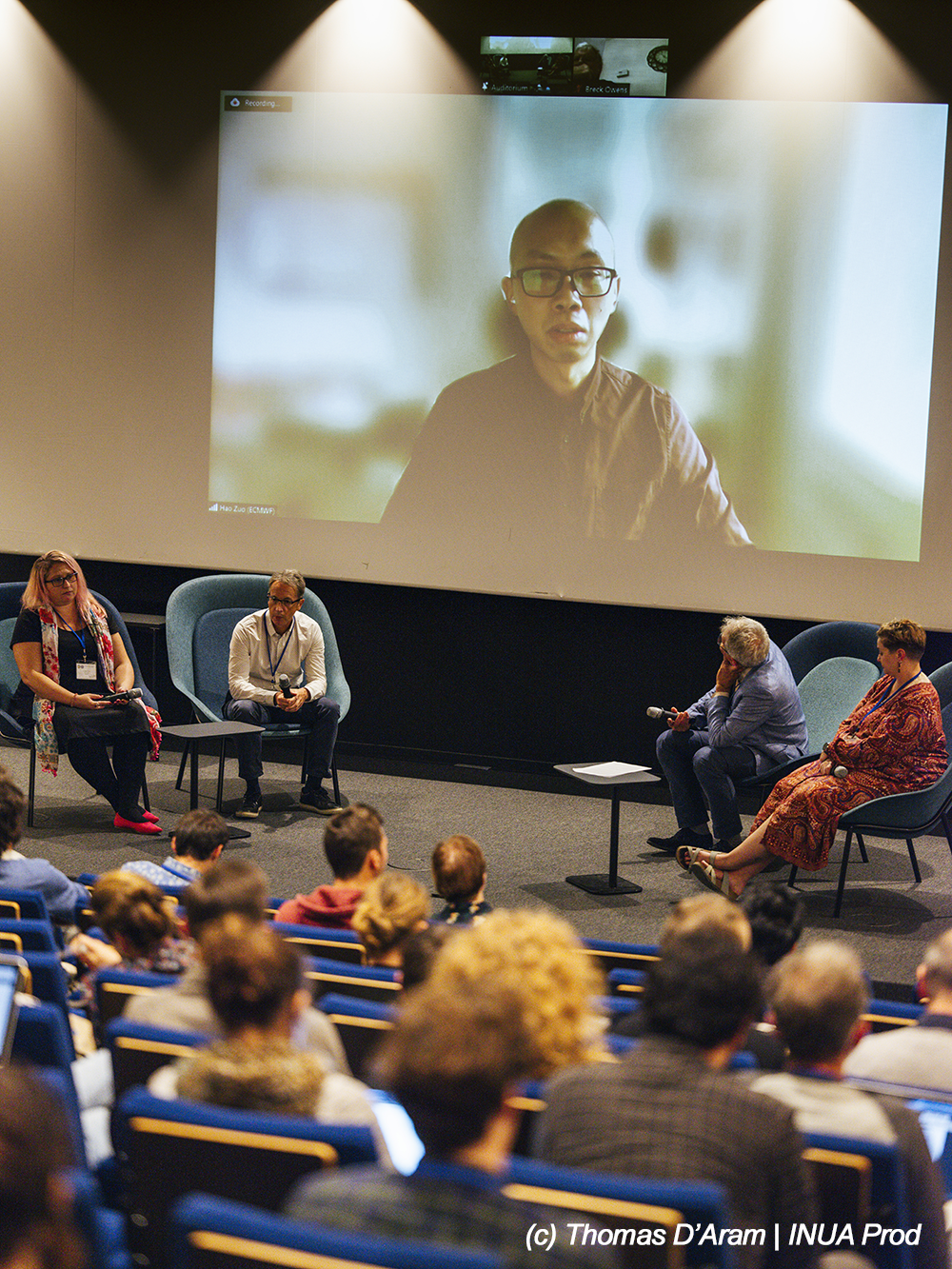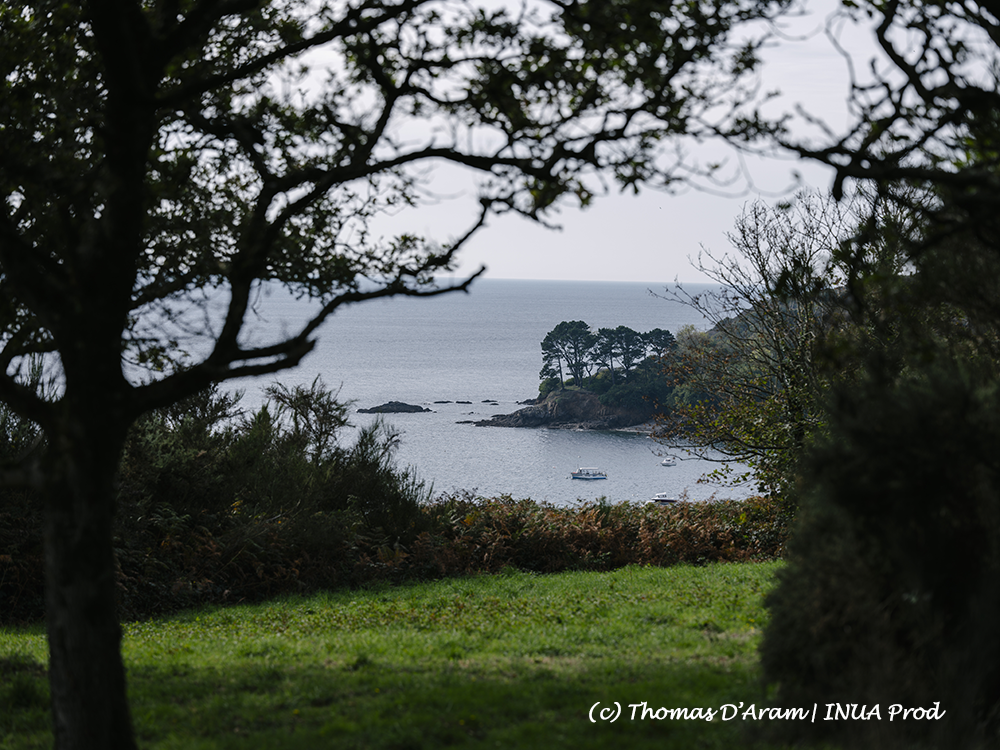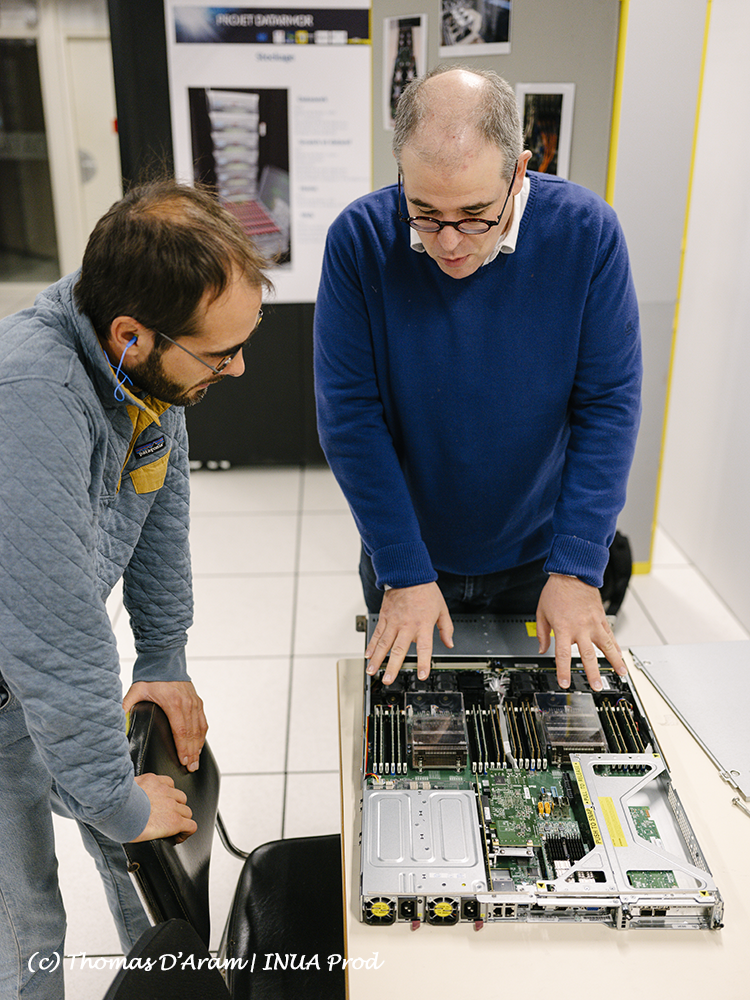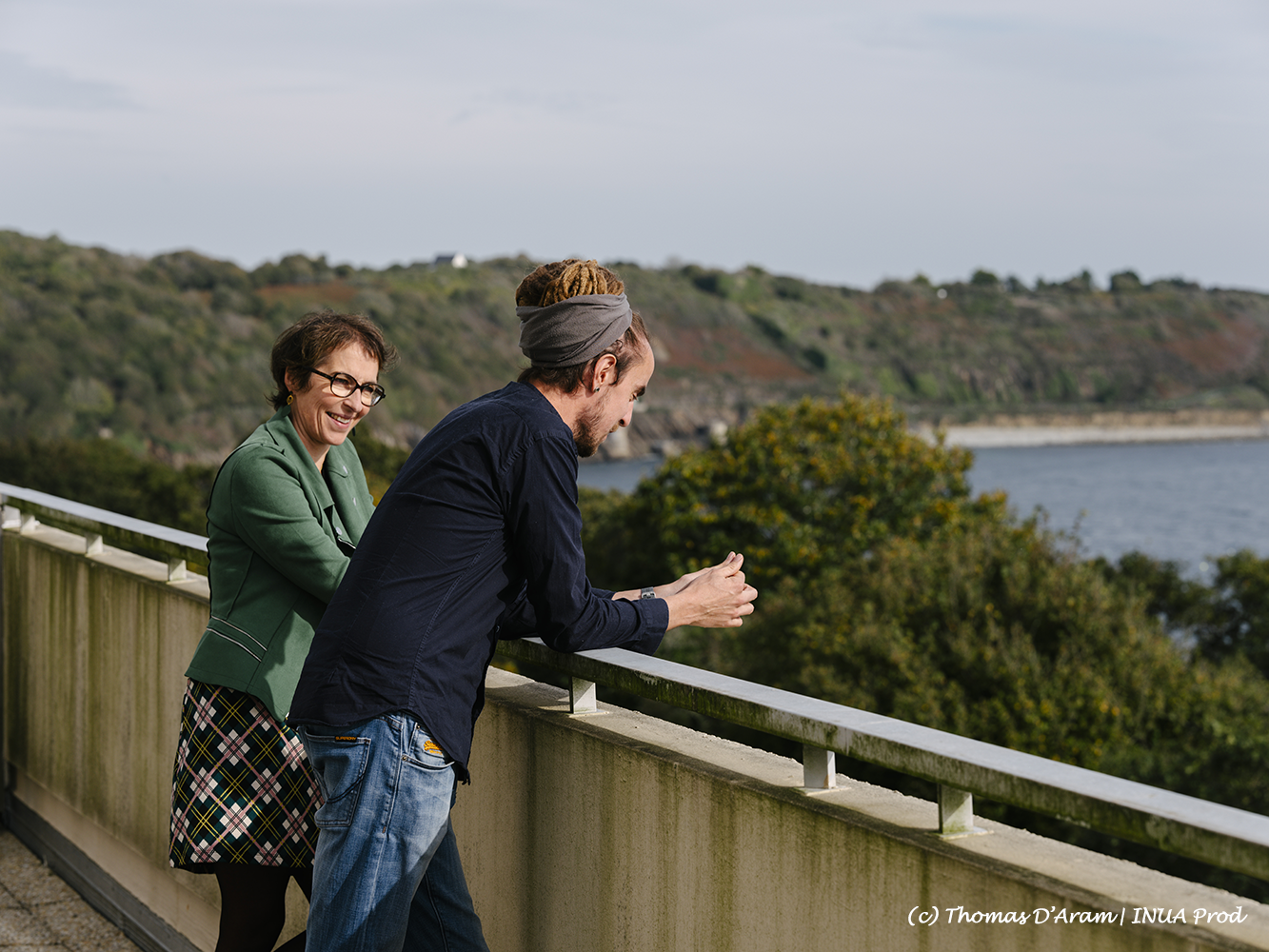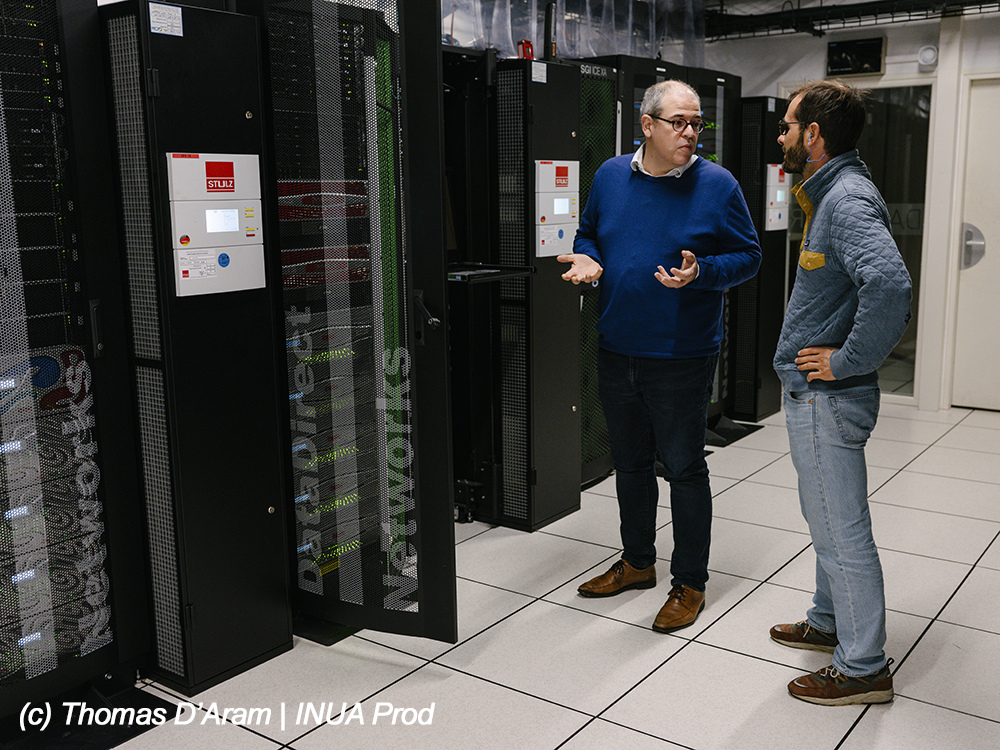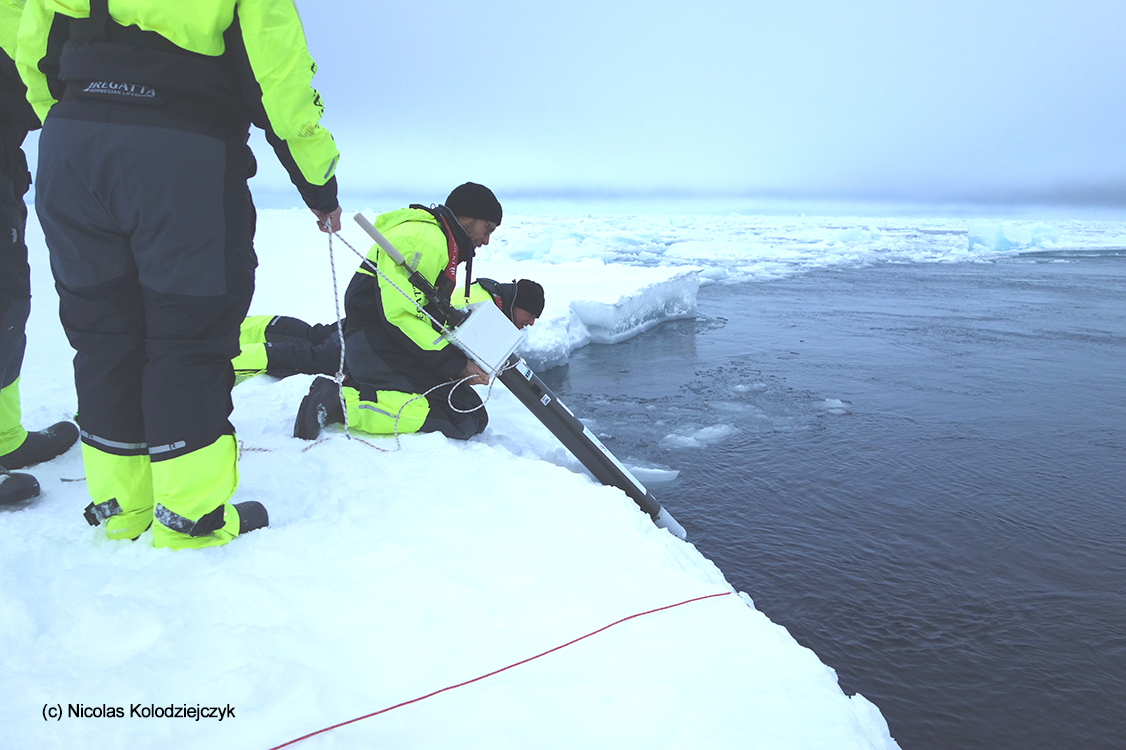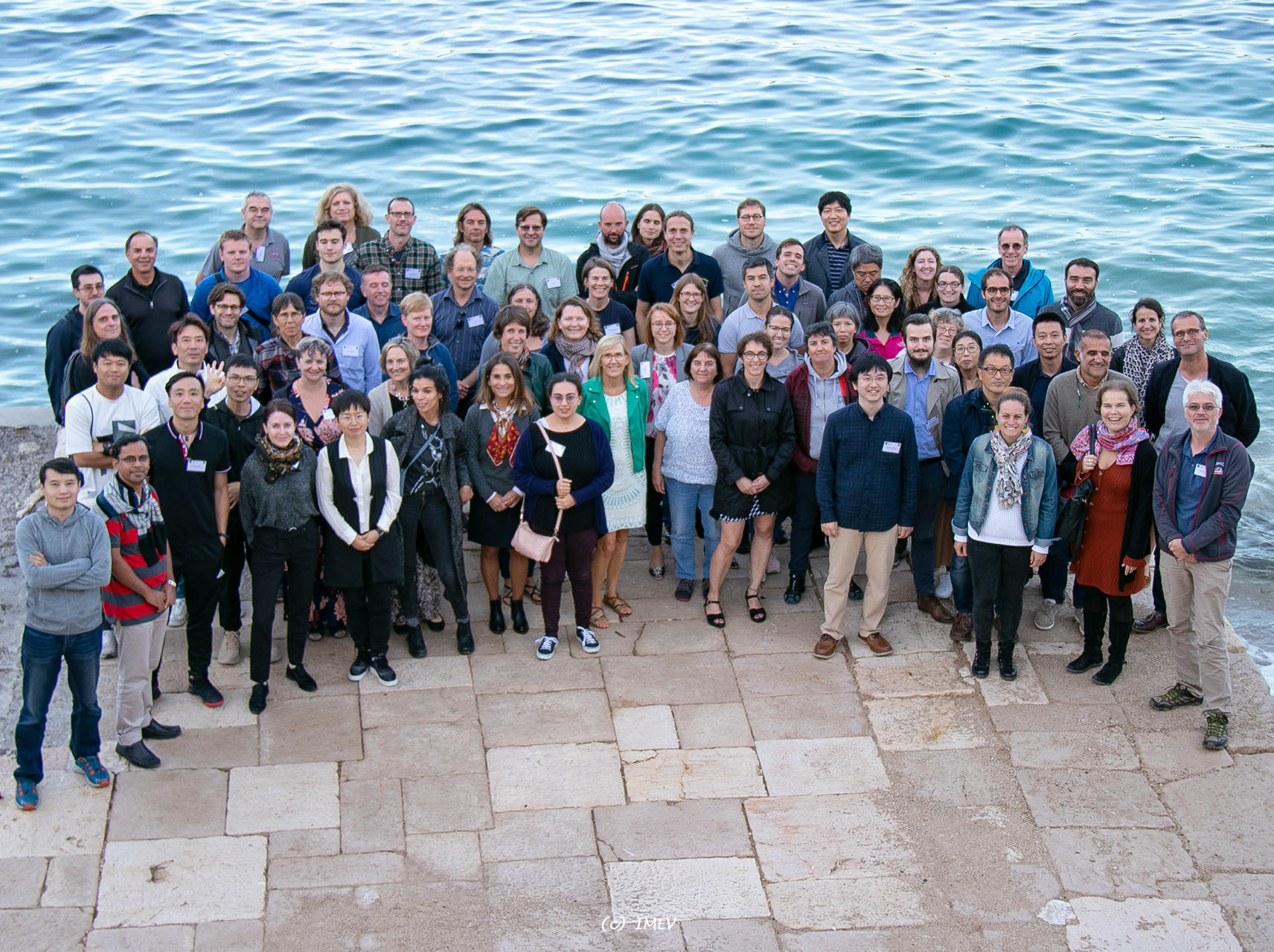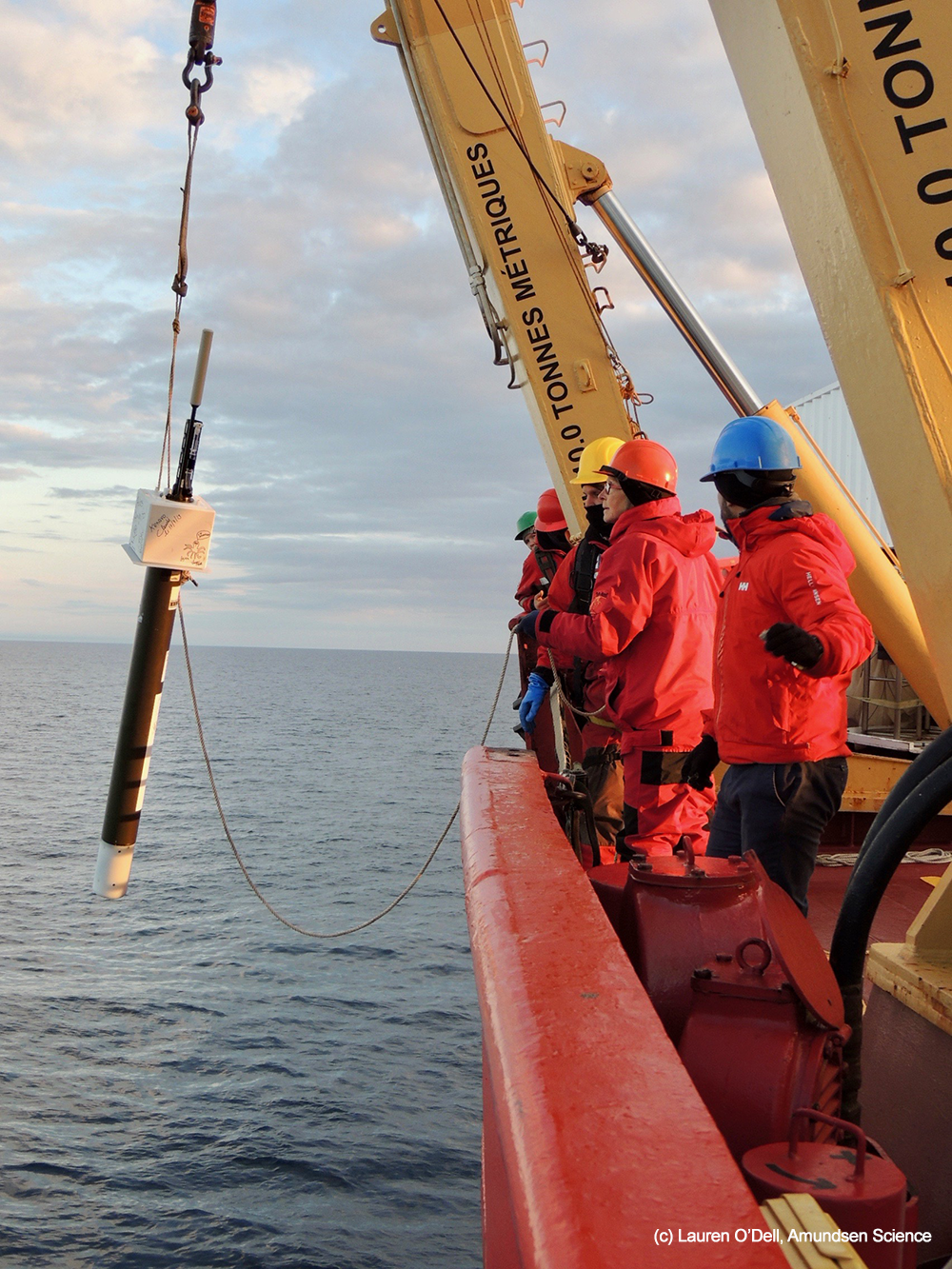Ocean Observing Awareness Campaign
Part 1: Euro-Argo
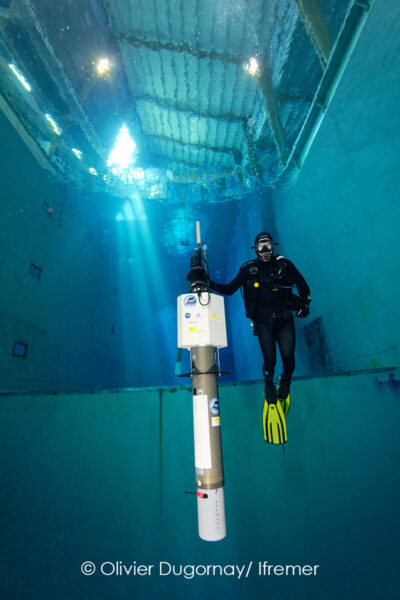
The first segment of the campaign focuses on Euro-Argo, the European contribution to the International Argo Programme. Started as a project in 2008, in 2014 Euro-Argo became a European Research Infrastructure Consortium (ERIC). Today, Euro-Argo is composed of 12 European member states and represents a joint effort of 30 science institutes. Making up 25% of the international Argo float network, Euro-Argo continues to cultivate the power of science institutes across Europe to grow and upgrade the Argo floats array, a game-changing ocean observation infrastructure transforming ocean research and improving our understanding of the ocean and its changing state.
Thanks to a collaborative effort between the EU4OceanObs team at Mercator Ocean International, Euro-Argo and INUA PROD, this first part of the campaign features a series of videos and articles, highlighting Euro-Argo’s unique contribution to the European and global ocean observing landscape, societal impacts, new extensions including Biogeochemical Argo and Deep Argo, challenges and future needs and much more. The materials produced seek to also illustrate the importance of generational diversity and exchange of knowledge by promoting the vision and role of both experienced and early-career professionals.
Videos
Taking advantage of the gathering at the 7th Euro-Argo Science Workshop in October in 2022, a series of interviews were conducted including participants from Euro-Argo and the larger ocean observing ecosystem, including EuroGOOS, OceanOps, Copernicus Marine, EMODnet, and the European Commission. The videos set out to explore what is Euro-Argo, its uniqueness and capacity to respond to research and societal challenges, its recent extensions (Biogeochemical and Deep Argo), how it is contributing to the European and international ocean observing landscape and supporting European policy and international objectives, how data is made available and what some of the challenges and future needs faced in sustaining in situ ocean observations.
How Euro-Argo is Transforming Ocean Observing
Euro-Argo’s contribution to the European Global Ocean Observing System
Euro-Argo: Future Needs and Challenges
Compilation video of parts 1, 2 & 3
Articles
The campaign produced 10 articles on various aspects of Euro-Argo and how it contributes to the global ocean observing ecosystem. The articles seek to capture the human faces and diversity of profiles driving Euro-Argo, with quotes and viewpoints from different experts in the Euro-Argo community and the broader ocean observing European landscape. Scientific journalist – Anh-Hoa Truong interviewed various experts and scientists in the Euro-Argo community and the European ocean observing landscape, including EuroGOOS, Copernicus Marine, EMODnet, European Commission and the international community (International Argo, OceanOps).
Click on the titles below to access the PDF of each article.
Photo Gallery
Acknowledgements
The campaign was funded by the European Union through the EU4OceanObs Foreign Policy Instrument (FPI) Action. Coordinated by EU4OceanObs in close collaboration with Euro-Argo, the communication materials were produced by INUA Prod, with contribution of photos and video footage provided by Olivier Dugornay from Ifremer. We would like to thank everyone who participated in the campaign, and agreed to be interviewed and advise the project along the way – all the scientists, engineers and experts from the Euro-Argo ERIC, OceanOps, EMODnet, Copernicus Marine, Mercator Ocean International, EuroGOOS and the European Commission.
Useful links
- Euro-Argo: www.euro-argo.eu
- Deep Argo: argo.ucsd.edu/expansion/deep-argo-mission
- Biogeochemical Argo (BGC-Argo): biogeochemical-argo.org
- European Global Ocean Observing System (EuroGOOS): eurogoos.eu
- OceanOps – WMO-IOC Joint Technical Commission for Oceanography and Marine Meteorology in situ Ocean Observing System Monitoring and Coordination Centre: www.ocean-ops.org
- International Argo Programme: argo.ucsd.edu
- Global Ocean Observing System (GOOS): www.goosocean.org
- Copernicus Marine Service: marine.copernicus.eu
- European Marine Observation and Data Network (EMODnet): emodnet.ec.europa.eu/en
- G7 Future of the Seas and Oceans Initiative (FSOI) activity on supporting the biogeochemical Argo array: www.g7fsoi.org/activities/support-for-biochemical-argo

